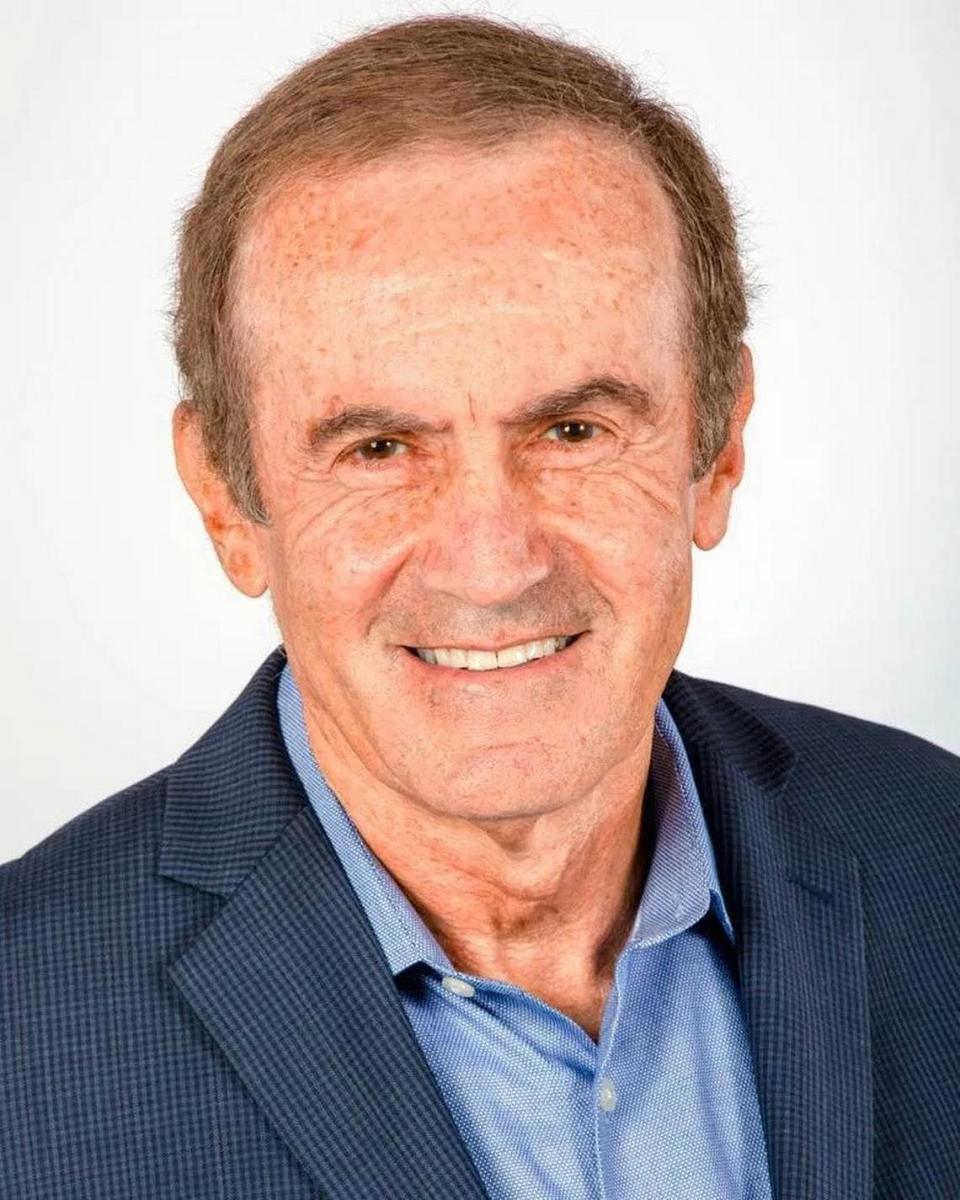U.N. will make a mockery of itself if it reelects Venezuela to Human Rights Council | Opinion
If the United Nations wants to avoid becoming the target of international ridicule, it should deny Venezuela a seat on the U.N. Human Rights Council. As crazy as it sounds, Venezuela — one of the world’s worst human-rights offenders — is already a Council member, and might be reelected.
Venezuela’s dictator Nicolás Maduro’s regime is running for one of 14 open slots at the 47-nation Council, based in Geneva. Venezuela, Chile and Costa Rica are competing for two slots reserved for Latin American and Caribbean nations.
The 193-member U.N. General Assembly is scheduled to pick the Council’s new members by secret vote on Oct. 11 in New York.
If there were any logic behind General Assembly votes, Venezuela would have zero chances of winning a seat on the Council. Its rivals Costa Rica and Chile are among Latin America’s most exemplary democracies, with relatively clean human-rights records.
By comparison, a report last month by the U.N. Independent International Fact-Finding Mission on Venezuela’s human-rights situation found widespread evidence of “a plan orchestrated by Maduro and other high-level individuals to suppress opposition to the government, including through the commission of extremely grave acts of torture amounting to crimes against humanity.”
The report cited “killings consistent with previously documented patterns of extrajudicial executions.” It also found evidence of “acts of torture and cruel, inhuman and degrading treatment” by Maduro’s law-enforcement and intelligence services.
In 2019, the office of the U.N. High Commissioner for Human Rights reported that Maduro’s death squads were responsible for more than 7,000 extrajudicial deaths in the previous 18 months during mass protests in Venezuela. About 6.8 million Venezuelans, or 20% of the population, have fled the country since 2014.
But because of the U.N.’s absurd voting mechanism, whereby any country can run for a Council seat regardless of its human-rights record, experts say they can’t rule out that Venezuela could be reelected this year.
“Between 60% and two-thirds of the 193 General Assembly member countries are either problematic or awful when it comes to human rights, and many of them protect one another,” Louis Charbonneau, an expert on U.N. affairs with the Human Rights Watch advocacy group, told me.
In addition, China, Russia, Cuba and other dictatorships are very active at the United Nations and have many allies among developing nations. “This camp is openly hostile to human rights,” Charbonneau told me.
There are some reasons to hope that Venezuela’s bid for a Council seat could be defeated, however. Unlike the last time when Venezuela was elected to the Council in 2019, this time Costa Rica is presenting a better organized challenge. In 2019, Costa Rica presented its candidacy at the last minute, when it was too late to mount a well-organized campaign against Venezuela.
Whatever the outcome of the Oct. 11 vote, it’s urgent to reform the Council in order to keep brutal dictatorships out of it. Right now, 60% of the Council’s current members fail to meet minimal human rights standards, according to the Geneva-based UN Watch advocacy group. They include Venezuela, China, Cuba, Qatar, Libya and Eritrea.
At the very least, the General Assembly should bar countries that are under investigation or have been sanctioned by the Human Rights Council from applying for membership.
Under the current system, dictatorships go out of their way to be elected to the Council to protect themselves from human-rights investigations, whereas many democracies prefer to sit on U.N. economic committees where they can have a say on issues that affect their people’s well-being.
It is not unusual for dictatorships to tell democratic countries in backroom negotiations, “If you vote for me to get a seat on the Human Rights Council, I’ll vote for you to get a seat on the Economic and Social Council.” This perverse mutual-protection system would be severely hampered if only countries that are not under human-rights investigations or sanctions are allowed to serve on the Council.
Unless the U.N. adopts these reforms, human-rights abusers such as Venezuela, China and Cuba will keep being elected, and the Human Rights Council will continue to look like a joke.
Don’t miss the “Oppenheimer Presenta” TV show on Sundays at 7 pm E.T. on CNN en Español. Twitter: @oppenheimera


